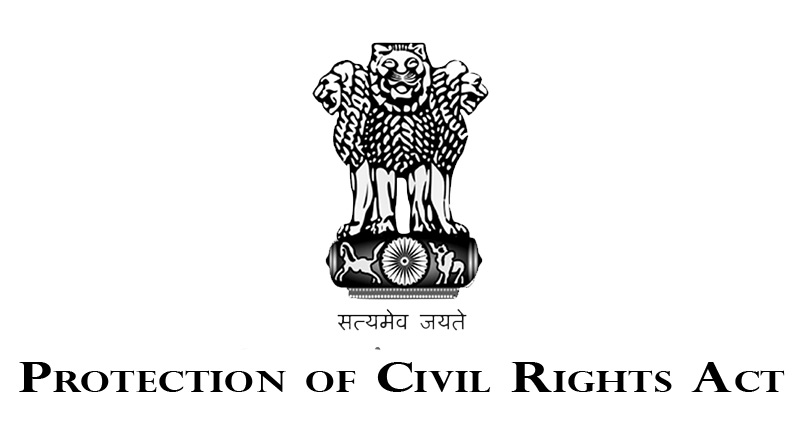Section 3
State of M.P. v. Puranchand, Madhya Pradesh High Court held for the purpose of section 3, the person prevented must either be professing the same religion as other persons to whom the place is open.
The object of Section 3 is not to create any new rights in favour of untouchables but it is intended only to put them at par with other caste Hindus.
Parameswaran Moorthy v. Vasudeo Kurup, the Kerala High Court held that Section 3 does not confer unfettered and absolute rights to perform religious services that are supposed to be performed only by priests according to religious tenets or to enter such places where such
rituals are being conducted.
In Hindu Religious Endowment Board v. L.T Swamiyar, (AIR 1954 282) the Supreme Court held that there is no unregulated and unrestricted right of entry in a public temple or other religious institution for persons who are not connected with religious functions.
In the case of Venkatraman Devaru v. State of Mysore, the SC held that denominations had the religious freedom to manage their own religious affairs and could hence exclude outsiders from temple ceremonies.
Section 4
Benudhas Sahu v. State (ILR(1962)Cut256) the court held that Section 4 (iv) does not apply to private wells because the owner of private well is free to regulate the use of well by co-villagers. If the owner of private well permitted other people in the village to draw water from the well, it does not means that every villager has a right of access to or right to use the well.
Section 7: Punishment for other offences arising out of untouchability.
In M. Lakshminarayana Reddy vs The Union Of India (AIR 1987) considering the issue of Constitutional validity of Section 7, the court held that Rights conferred under Arts. 14, 19 and 21 cannot be considered as superior to other rights and obligations created by other articles of the same Chapter. The court held that the petitioner did not have a right to do any act that was forbidden by the same chapter.


No comments:
Post a Comment